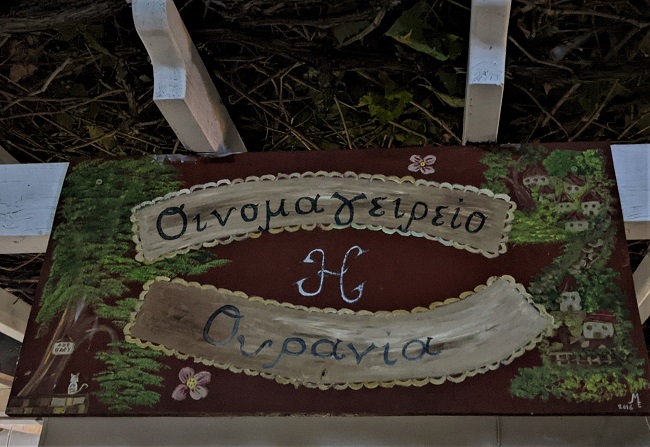Orange, cinnamon, and cloves are the main fragrances that pervade the kitchens around the world in the dark, winter days and long nights. Their sweet, enticing aromas set the mood for the upcoming holidays that mark the end of the year throughout most of the world.

Melomakarona, the traditional Greek, fragrant, honey-infused Christmas cookies are my favorites! They are vegan, because people ate them during the days of Lent that precede Christmas according to the Orthodox doctrines that some people follow, even if they are not religious. Now they are being rediscovered, as baking with olive oil has become trendy, and even the NYT published a version recently. I have slightly updated my mother’s recipe –which she had from her own mother– adding some ground nuts in the dough.
I think you will find these cookies irresistible, but if you manage to save them for later, they will get even better the next days. They keep for up to 1 month so you may want to double the recipe, especially if you bake melomakarona with friends, as we usually do.
An extra bonus of this aromatic but healthy dough is that you can use it as pie crust, filling it with cooked apples, quince, or make an irresistible lemony tart with just Lemon Curd as its filling.

A recent favorite of ours is the old German Lebkuchen which are fragrant with the enticing Lebkuchen Spice Mix. It contains all kinds of spices, even ground coriander seeds, but strangely, no ginger! The blogger whose recipe I fam following, strangely calls it German Gingerbread Spice Mix, probably because she caters to Americans, for whom Lebkuchen is not a household name. My only addition to her recipe is an extra 2/3 cup finely ground almonds or almond meal because I don’t use the rice-paper wafers –difficult to find on our island—and wanted to make the dough somewhat thicker. Also, Costas and I prefer the cookies plain, or just drizzled with some bitter chocolate, so I skip the full dipping in chocolate the recipe calls for. (more…)







